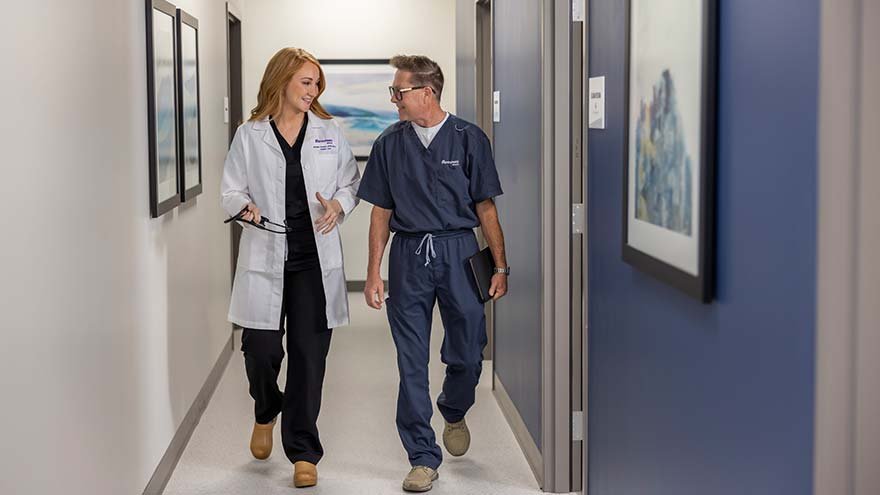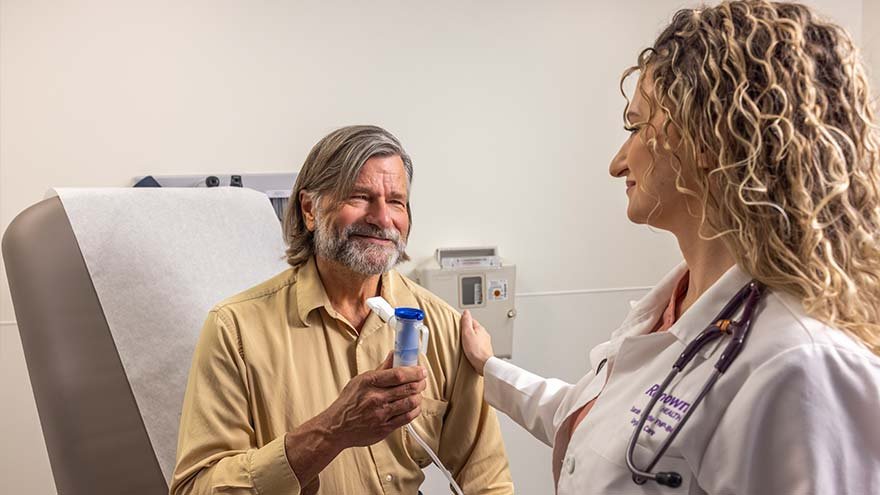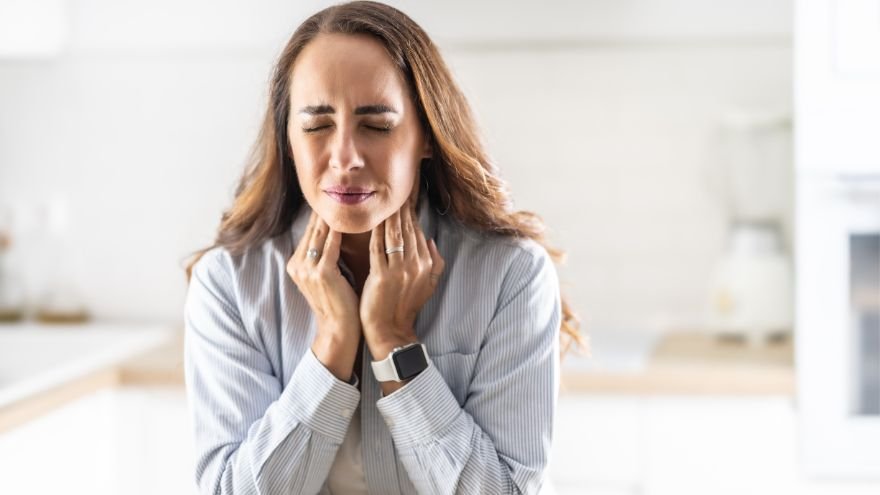

Shaking hands, turning doorknobs, drafting emails — all regular activities of everyday life. But whenever you touch another person, or touch an object another person has touched, you’re collecting their germs on your hands. And touching your own mouth, eyes or nose also exposes you to whatever germs you’ve collected.
That makes hand-washing the most important step you can take to prevent illness and disease. And while that may seem like an obvious reminder, studies have found that 85 percent of people do not practice proper hand hygiene.
We asked Amy McCombs, Renown’s director of Infection Prevention, to give us some hand-washing tips for a safer, healthier life.
Experts at Renown Health answer frequently asked questions about hand-washing for a safer, healthier life.
What are the correct hand-washing steps?
- Wash for at least 20 seconds.
- The biggest thing to remember is to wash for at least 20 seconds with soap and water. A good rule to make sure you’re washing long enough is to sing “Happy Birthday” twice through.
- Get a good lather of soap going.
- It’s also important to get a nice lather of soap and make sure you wash between your finger, both the tops and palms of your hands and your nail beds. And if you wear jewelry, you need to remove it or make sure you get lather and friction underneath.
- Then rinse completely and dry.
Is there a wrong way to wash your hands, or is it more about making sure you do it the right way?
It’s a little bit of both. There is a wrong way since 85 percent of us don’t wash correctly. This could be for a variety of reasons. It could be because you don’t wash long enough, don’t get in between your fingers, don’t clean your palms or don’t clean the tops of your hands.
How frequently should we wash our hands? Are there certain times where it is more important than others?
As most of us are taught as kids, you need to wash your hands before you eat or prepare foods, after you touch raw produce and meat and after you use the restroom.
You should also wash your hands after sneezing or coughing, touching your eyes, nose and mouth or coming in contact with someone who is sick.
Is hand-washing recommended over hand sanitizer?
Ideally, you should wash your hands instead of using hand sanitizer, but if sanitizer is all you have, then use it.
Alcohol-based hand sanitizers are best. Use about a nickel or quarter size and vigorously rub the tops of your hands, palms and in between your fingers until the sanitizer is completely dry.
Remember that if your hands are physically dirty, or if you’ve come in contact with bodily fluids, you should thoroughly wash your hands with soap and water instead of hand sanitizer.
Does washing your hands really prevent illnesses like the cold, the flu and viruses?
Definitely. The CDC recommends hand-washing as one of the best ways to avoid getting sick and spreading illness. Hand-washing has been shown to reduce the number of people who get colds and respiratory illnesses by 21 percent.
What else can I do to keep my family healthy?
The annual flu vaccine is truly the best form of protection to help prevent the spread of the flu. Even if you do get the flu after being vaccinated, your symptoms will be lessened.
Although they are not substitutes for the flu vaccine, simple preventative action can do a lot to help slow the spread of the virus, including these:
- Wash your hands often
- Avoid touching your eyes, nose or mouth with unwashed hands
- Avoid contact with people who are sick
- Stay home when you are sick
- Cough or sneeze into a tissue or your sleeve
Other precautionary measures include cleaning shared spaces and avoiding shared utensils and drinks.
Flu vaccines are still available in the community, including health providers at Renown Medical Group. Call 775-982-5000 to make an appointment.
Related Blogs


Getting Care During The Holidays
